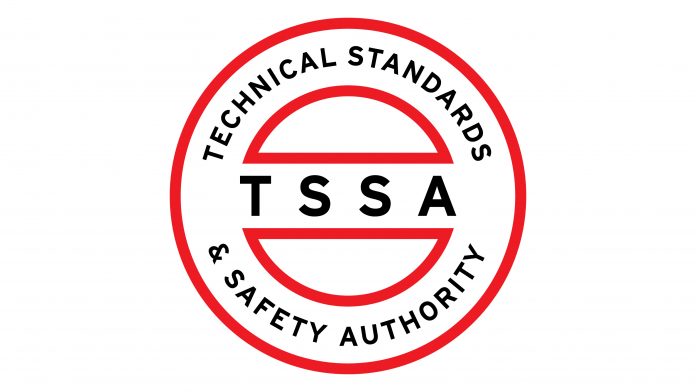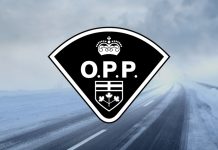As water levels in Muskoka and other parts of Ontario continue to rise, the province’s technical safety regulator, Technical Standards and Safety Authority (TSSA), is encouraging Ontarians to remember important spring flooding safety guidelines.
The Ontario government announced details of their plan to respond to spring flooding across the province on May 2. Provincial authorities said they have been actively working with federal and municipal governments, First Nations partners and non-governmental organizations to prepare for and respond to any flooding across the province during the COVID-19 outbreak.
“Our staff are closely monitoring ongoing flooding risks across the province and working with partners and communities on any areas of concern,” said John Yakabuski, minister of Natural Resources and Forestry, in the announcement. “We are ready to respond to any requests for sandbags during this very challenging time. We also continue to work with our partners to advance the important long-term initiatives outlined in Ontario’s Flooding Strategy, which will help us become more resilient to flooding events in the years to come.”
In preparation for flooding and as national Emergency Preparedness Week comes to a close, TSSA recommends that Ontarians consider the following fuels and other safety measures:
Fuels Safety
When flooding occurs, key energy infrastructures can become temporarily out of commission, tempting residents to turn to alternatives that may be unsafe. Portable, fuel-fired generators, propane BBQs and other fuel-burning outdoor appliances are never safe to use indoors because they can cause fires, and carbon monoxide (CO) poisoning.
- Never use fuel-fired generators, heaters, camp stoves, outdoor lanterns or BBQs inside enclosed spaces.
- Ensure generators used outside are situated away from open home windows, doors and vents.
- Keep in mind that CO gas can also accumulate in car ports, garages and covered patios.
- Consider using battery-powered CO detectors in areas where generators are operating.
- Allow generators and appliances to cool before attempting to refuel them.
- If drying a basement with commercial ventilating fans, keep in mind that these fans can create a ‘negative pressure’ environment causing CO to spill back into the home. Ensure there is proper ventilation during the procedure.
The Canadian Propane Association also offers this essential advice.
- Learn how and where to shut off gas supplies to propane tanks and appliances.
- Propane tanks (even full ones) float in water, so secure tanks to fixed objects, when flood warnings are issued.
- Ensure family members recognize the rotten-egg or skunk-like smell of propane.
Elevator Safety
- Never use elevators in a flooding building, as water may disable or flood elevators and lead to occupant entrapment.
Residents and businesses unsure of how flooding conditions may affect the safeness of specific TSSA-regulated devices should contact TSSA.








